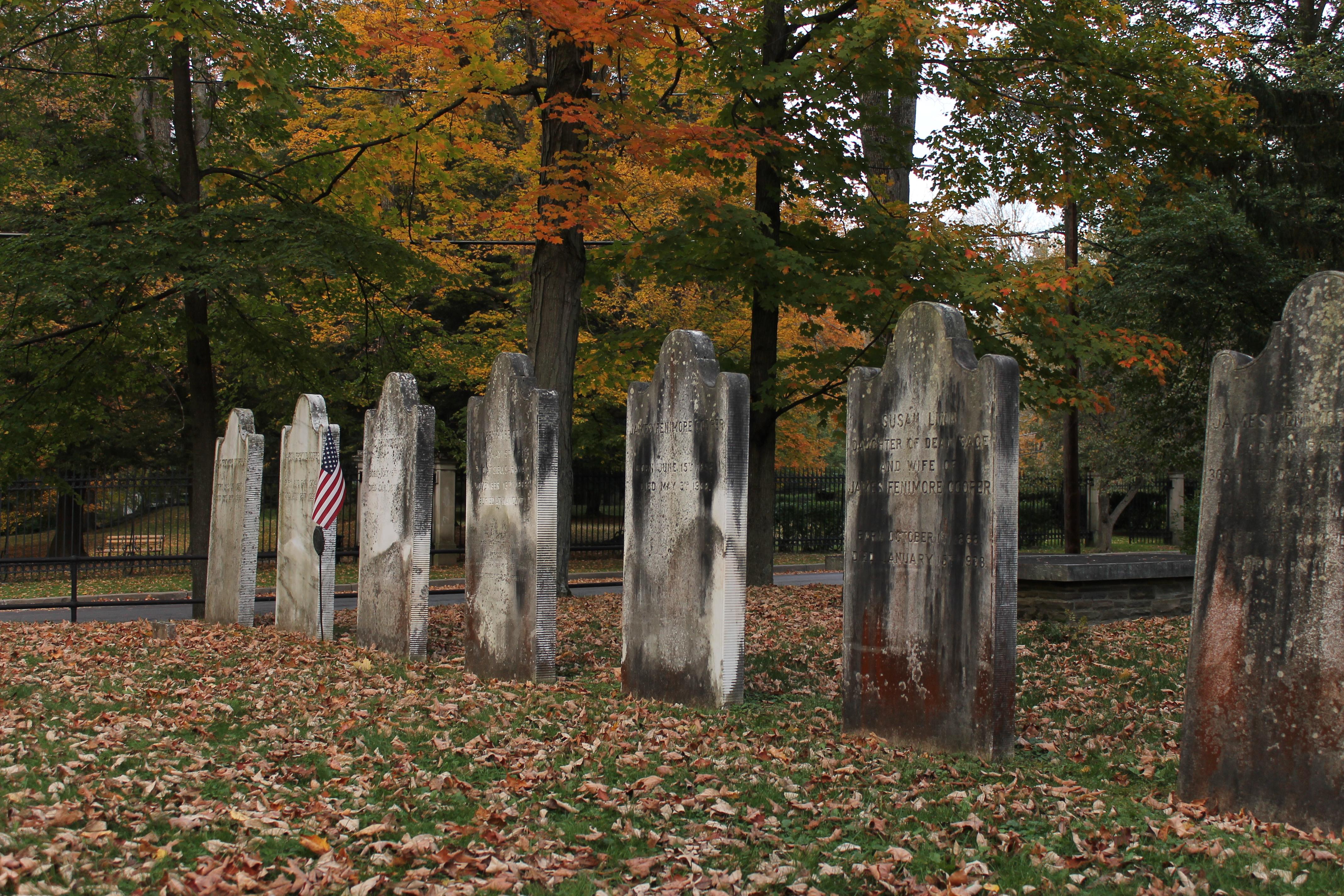
04 Dec New Jersey is an expensive place to die
Photo: revwarheart/morguefile.comQ. What would the inheritance tax would be in New Jersey on $250,000? Someone told me it’s 20 percent.
A. New Jersey is an expensive place to die.
The state has two types of so-called death taxes: an inheritance tax and an estate tax.
A state estate tax will be assessed against any estate in New Jersey that’s worth more than $675,000.
“New Jersey does not impose the estate tax against property passing to a surviving spouse,” said Catherine Romania, an estate planning attorney with Witman Stadtmauer in Florham Park. “Otherwise, the estate tax is assessed without regard to the relationship of the person receiving the property.”
She said if a taxable estate — the value of all property owned by the decedent at death less certain allowed deductions — plus certain lifetime gifts do not exceed $675,000, there will be no New Jersey estate tax. To the extent the taxable estate plus taxable gifts exceeds $675,000, estate tax may be due at a graduated rate of 4.8 to 16 percent.
Also, a federal estate tax could be due on estates worth more than $5.34 million
Then there’s the inheritance tax.
Certain property, such as life insurance owned by a decedent and paid to a designated beneficiary other than the decedent’s estate, is exempt from the inheritance tax but not the estate tax, Romania said.
Otherwise, the inheritance tax is assessed based on the relationship of the beneficiary to the decedent and the amount received, she said. No inheritance tax is imposed on property passing to a spouse, domestic partner, descendant, parent, grandparent, stepchild or a charity, she said.
Not so for everyone else.
New Jersey’s inheritance tax ranges from 11 to 16 percent on all real estate and personal property valued at $500 or more that is transferred upon death of a New Jersey resident to certain beneficiaries, said Shirley Whitenack, an estate planning attorney with Schenck, Price, Smith & King in Florham Park.
“There are five classes of beneficiaries referred to as A, B, C, D and E, although Class B was eliminated in 1963,” she said.
Class C beneficiaries include brothers, sisters, spouses and civil union partners of the decedent’s children, and surviving spouses and civil union partners of the decedent’s children, she said.
Class C beneficiaries pay a graduated tax ranging between 11 and 16 percent on inheritances in excess of $25,000.
Everyone else is a Class D beneficiary — with the exception of the State of New Jersey, its political subdivisions for charitable or public purposes, and certain charities and non-profit organizations — which are Class E beneficiaries, she said. Those are exempt from the payment of inheritance tax.
“Class D beneficiaries pay a tax of 15 percent on inheritances of $700,000 or less and 16 percent on inheritances in excess of $700,000,” she said, noting that life insurance proceeds paid to a named beneficiary are exempt.
In order to determine the amount of inheritance tax that would be imposed on $250,000 — your scenario — we’d need to know the relationship between the person who died and the person who is inheriting the assets.
Email your questions to .
This story was first posted in December 2014.
NJMoneyHelp.com presents certain general financial planning principles and advice, but should never be viewed as a substitute for obtaining advice from a personal professional advisor who understands your unique individual circumstances.
